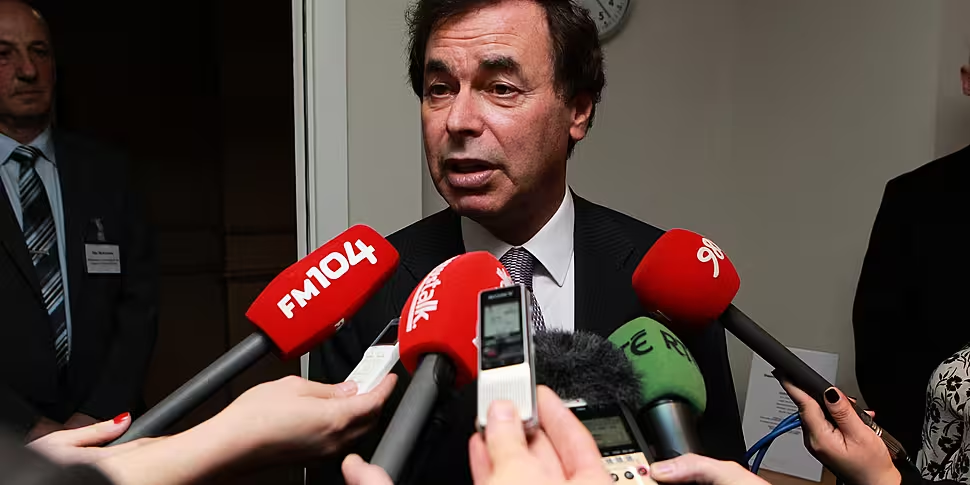Inheritance tax amounts to the State “randomly stealing money from bereaved families”, Alan Shatter has claimed.
Currently, a person may inherit up to €335,000 from a parent or, in certain circumstances, a grandparent tax free.
They may also receive €32,500 from an uncle, aunt, brother or sister tax free.
Any amount above those thresholds is taxed at 33%.
Advocates for the tax argue that it only targets the richest people in society – and that the revenue helps fund vital public services like health and education.
However, the Inheritance Tax Reform Campaign (ITRC) takes the opposite view, arguing the tax is grossly unjust and in need of urgent reform.
“Effectively, what the State is doing is saying we’re going to come in and we have an entitlement to steal some of the money from that deceased person,” chairperson Alan Shatter told Newstalk Breakfast.
“I take the view - and the Inheritance Tax Reform campaign takes the view - that our inheritance tax laws are arbitrary, they’re out of date, they unfairly impact on families right across the country and there’s a need for them to be fundamentally revisited and reformed.”
 Former Justice Minister Alan Shatter. Image: Associated Press / Alamy Stock Photo
Former Justice Minister Alan Shatter. Image: Associated Press / Alamy Stock PhotoThe former Justice Minister and Fine Gael TD said the current thresholds are “far more oppressive today” than they were during the Celtic Tiger.
“Under inheritance tax at the moment, if a husband or wife dies, their spouse doesn’t pay inheritance tax,” he said.
“The main people targeted are children, grandchildren, nephews and nieces.
“Back in 2006, 2007 or 2008, a child could inherit property from a parent to the value of up to €542,000 before being hit by 20% inheritance tax.”
Housing crisis
Following the economic crash, the thresholds were reduced to increase the amount of revenue the State raised from the tax.
This was, Mr Shatter believes, a “regressive” decision from the Government given the amount of people who are now struggling to get on the property ladder.
“If you have an adult child living in rented accommodation, unable to purchase a home, why shouldn’t you as a parent be entitled[…] in your will to leave adequate funding to your surviving son or daughter or to your grandson or granddaughter to acquire a home without the State saying, ‘Okay, we’re going to come in and steal some of that money?’” he said.
Mr Shatter said Ireland has “moved on from the economic crash” and numerous other taxes have been reduced since then.
He also noted there are a number of other English-speaking countries that do not levy tax on people who inherit money or property.
“If you look at countries like Australia or New Zealand… this is not an issue in many countries now because it’s regarded as an unfair form of tax which invades people’s family rights and invades their privacy under the Constitution,” he said.
According to the CSO, an estimated 8% of Irish people have inherited a property.
Main image: Alan Shatter. Picture by: Alamy.com









